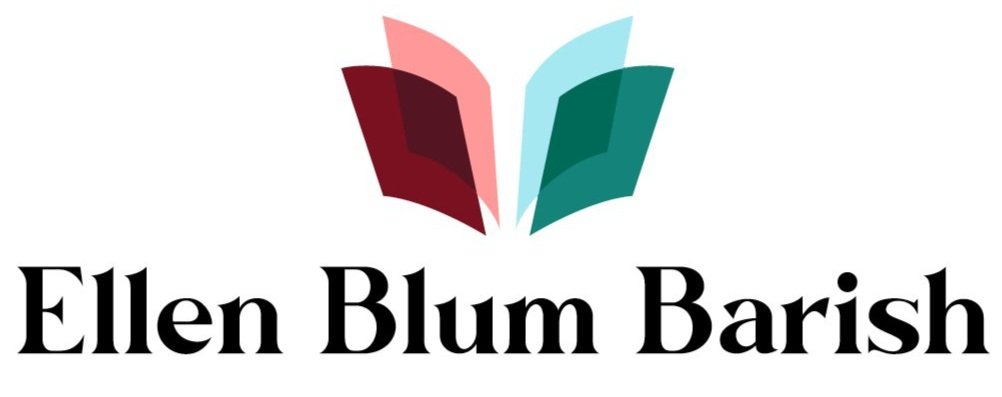You Write, then You Erase. You Call that a Profession?
The Nobel and Pulitzer prize-winning author Saul Bellow was reported to not get along very well with his father. Some of it had to do with his father's disdain for Saul's career choice in which he is famously quoted as saying, "You write, then you erase. You call that a profession?"Bellow was a graduate of Northwestern University's English department, and arguably one of its most famous fiction writing alums. I recently had the pleasure of interviewing six more recent fiction-writing graduates of the university's creative writing program - you can read the entire feature profiling them in the Spring issue of Northwestern Magazine - and I found myself wondering if Saul Bellow's father might, today, change his mind about what constitutes "professional."My foray into the lives and minds of these writers dramatically altered the way I think about writing genres. No matter what we are writing, it is just plain hard work. Though we can always learn so much from sharing our processes and our work, I was struck by the unique challenge of the fiction writer.Like the words they string together and deliver to us in lines that are written, rearranged, erased and revised, the fiction writer's work doesn't find its way to the page in smooth, linear fashion. The path of a short story or novel is punctuated with productive sprints followed by curves and bends and rejection that slows progress and, eventually, hopefully, leads to redemption through publication. An appropriately meandering route for a profession with a mission to create entire universes out of life and imagination.The novels and short stories by Karen Russell, Dan Chaon, Leslie Pietrzyk, Sean Enright, Cristina Henriquez and Veronica Roth bring something to the page that may not be teachable: a melange of writing talent for sure, but also intense sensitivity and curiousity for character positioned in a storyline. Making that believable and authentic and interesting - over many pages - is really a stunning acheivement. Yes. I'll say it: I'm in awe of the fiction writer.I learned so much from these wonderful writers and I'm sharing some of their writing wisdom below. What was confirming for me though from a writerly perspective is how just as the sun will encourage a bud to unfurl, for all writers, pen, page and keyboard calls. We can't get enough of the words that dance around us.Bellow understood this potent relationship and this may have prompted him to write that "a writer is a reader simply moved to emulation." Exposed to good writing (and skilled teaching, too, in the case of these alumni) these writers flowered in their craft, providing the world with stories and voices that the next generation of writers may well want to emulate. Or, at the very least, read.As for a few pieces of writing advice:Try writing in the voice of another writer to free your own writing voice.Read poetry because it encourages you to slow way down.End the story in the middleThink about punctuation in a musical way.Find jobs that allow you time to write.Surround yourself with people who think what you are doing is very important.Consider self-publishing.Many thanks to google images for the photograph.
Put in an hour of writing even if you think it is stupid and terrible
Think about punctuation in a musical way.
Dan Chaon
Find jobs that allow you time to write.
Make use of attention and kindness when responding to written work.
Leslie Pietzryk
As a teacher of writing, I try to say that little thing that I hope will encourage.
Surround yourself with people who think what you are doing is very important.
Sean Enright
Consider self-publishing.
Teach somewhere great.
